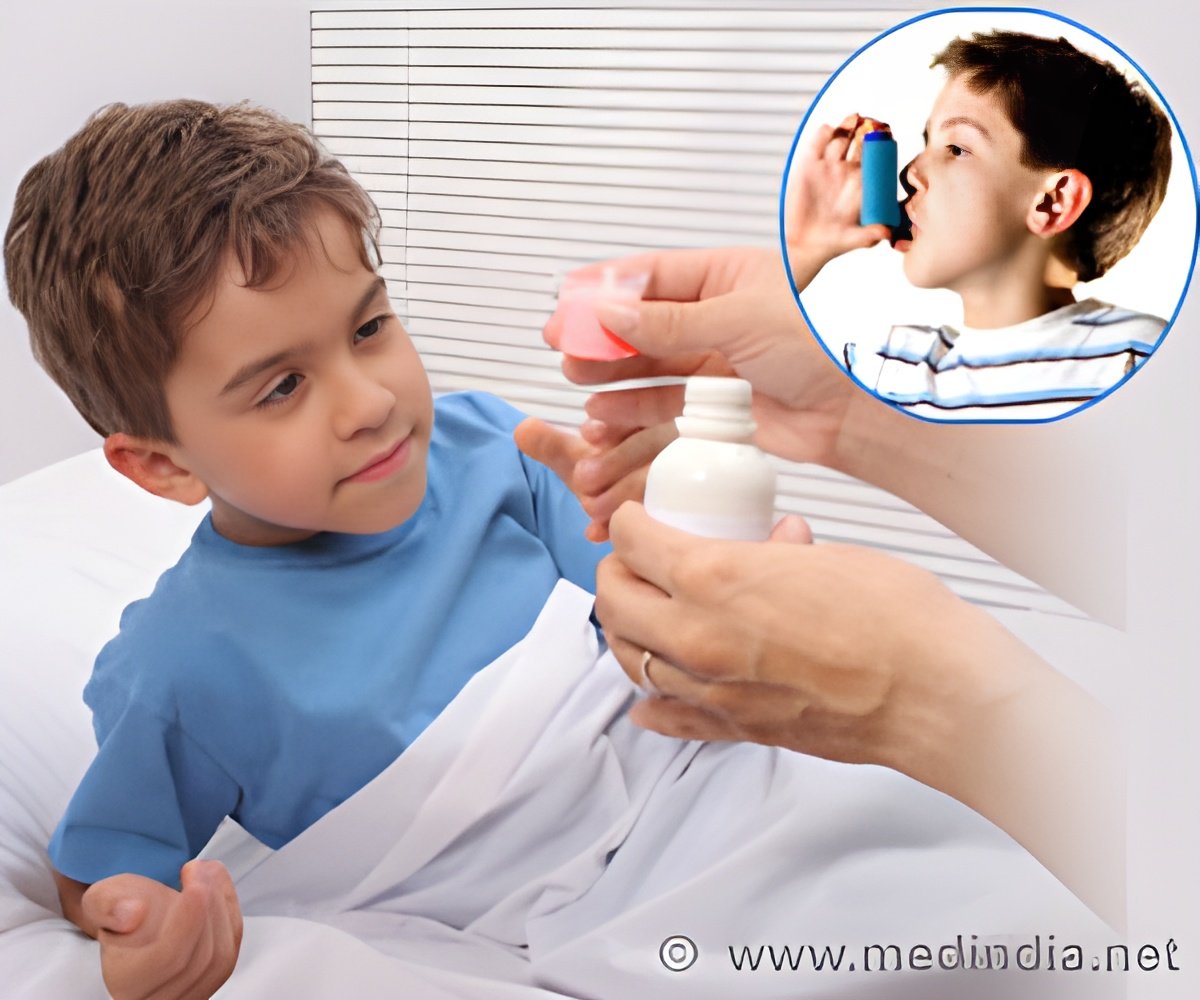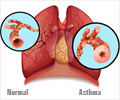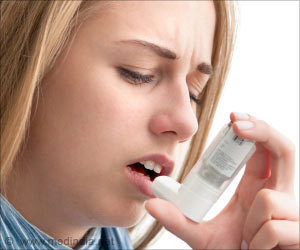The economic burden of asthma is estimated to be €72 billion annually in the 28 countries of the European Union

‘I-MUR intervention led to a reduced average number of active ingredients among patients' medications (from five to four), improved self-reported adherence and established a clear link between asthma control and adherence to treatment.’





The research involved one of the largest ever trials of a community-pharmacist intervention for asthma, with 283 pharmacists and 1,263 patients in Italy taking part. The intervention, known as I-MUR, is a private, structured interview between pharmacists and patients, looking at five areas: asthma symptoms; medicines use; attitude towards medicines; adherence; and identification of pharmaceutical care issues.In the trial, pharmacists were randomly assigned to receive immediate or delayed (by three months) training in I-MUR intervention. After three months, patients who had received the intervention were 76% more likely to have achieved good asthma control compared with patients in the other group.
The economic analysis, conducted by the London School of Economics (LSE), adopted a 'willingness-to-pay' threshold of €30,000 (£25,300) per quality-of-life year gained, in line with the UK's National Institute for Health and Care Excellence (NICE); the researchers' analyses showed that, at the conclusion of the study after nine months, the probability that the intervention was more cost-effective than usual care reached 100%.
Source-Eurekalert















